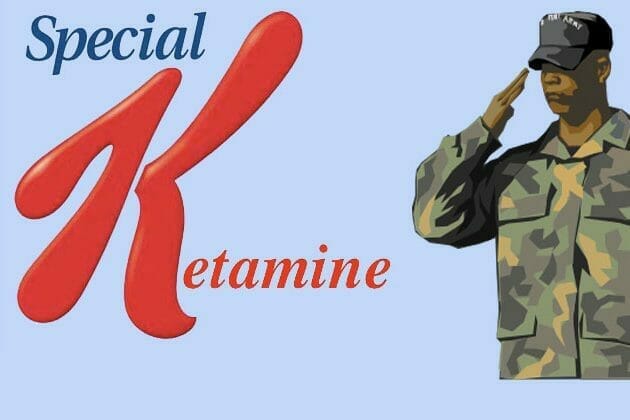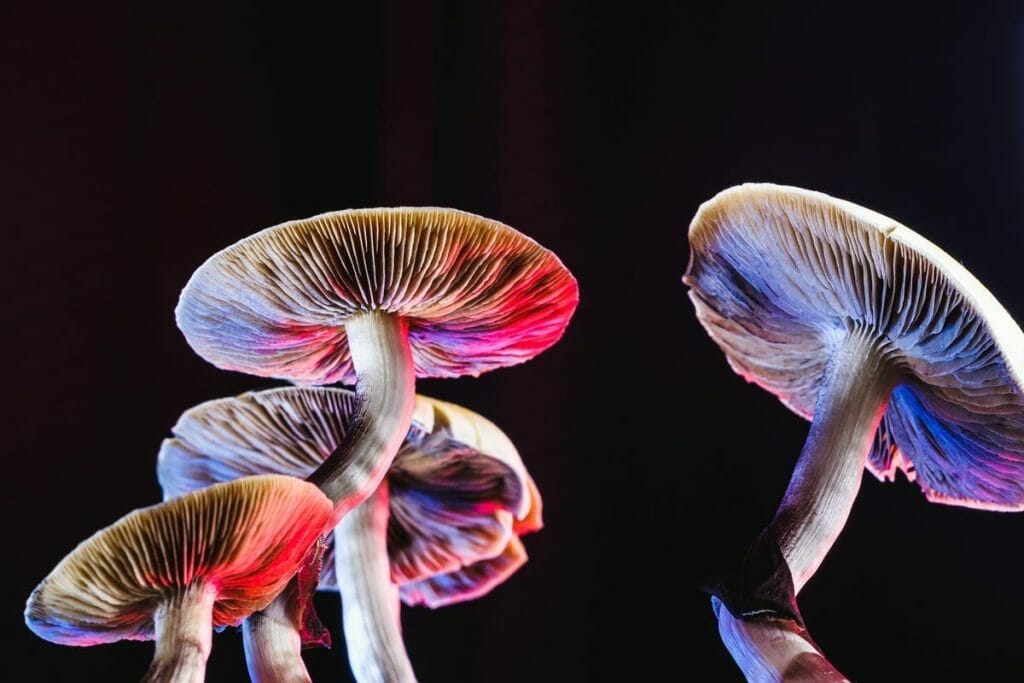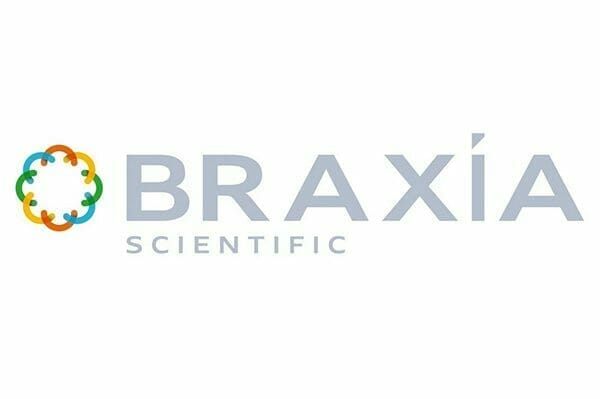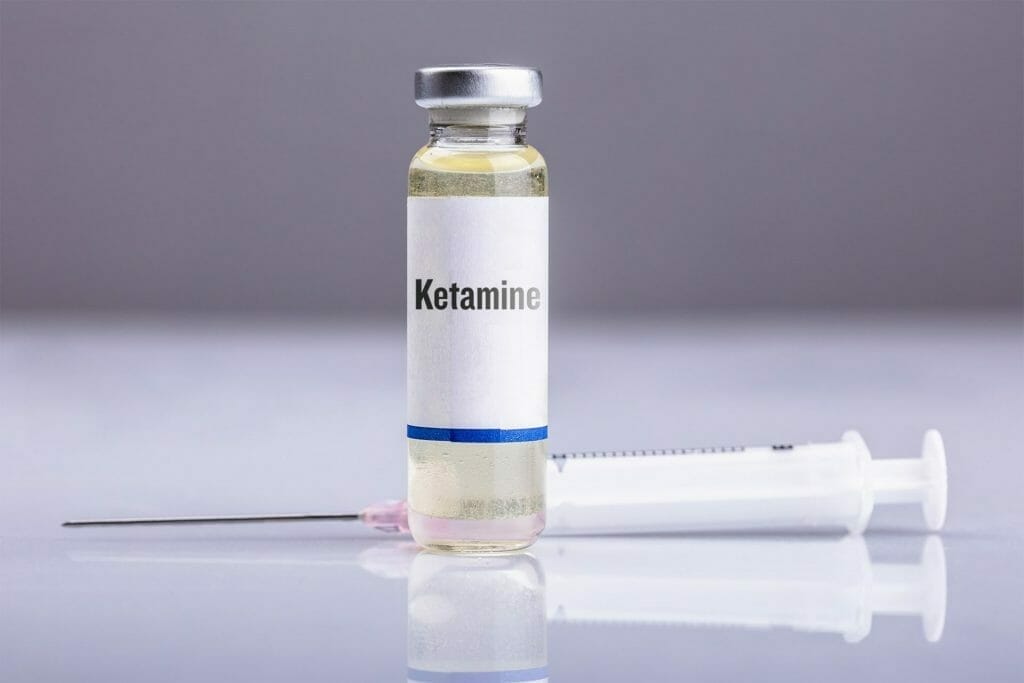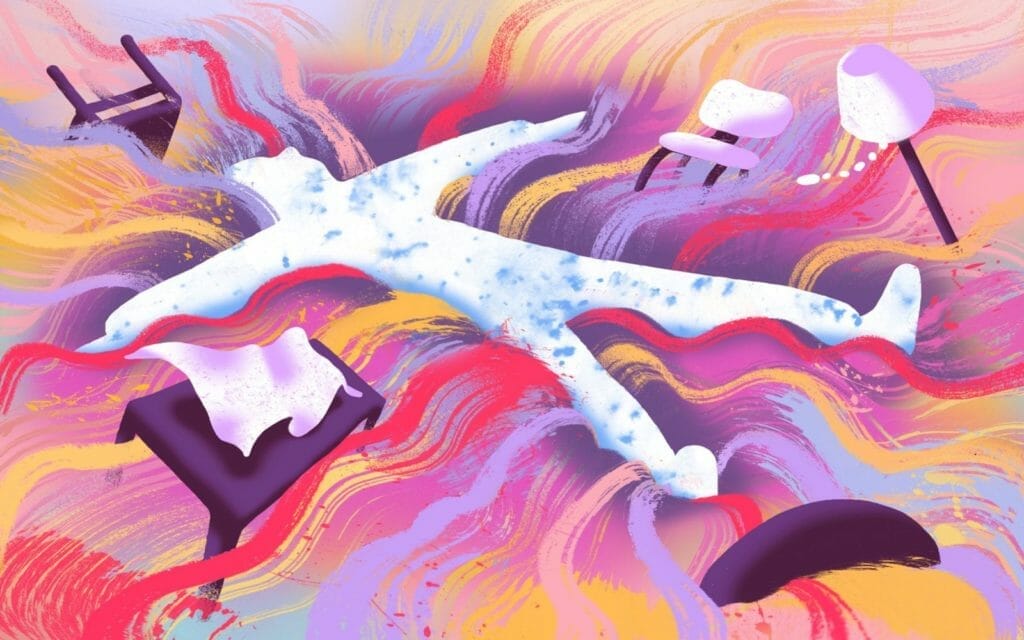Braxia Scientific (BRAX.C) announced that they have established direct billing practices with Medavie Blue Cross for qualifying Canadian military veterans.
This agreement is significant because it will allow 100% coverage of ketamine treatments delivered at the Canadian Rapid Treatment Centre of Excellence (CRTCE), a wholly-owned subsidiary of Braxia. This includes oral, nasal spray and intravenous ketamine treatments, as well as travel costs associated with the treatments. The support from Blue Cross will allow members of the Canadian Armed Forces (CAF) and Royal Canadian Mounted Police (RCMP), as well as their family members, to receive fully funded ketamine treatments.
“We are grateful for this insurance coverage, which has facilitated access for Canadian veterans to receive this important treatment,” stated Dr. Roger McIntyre, CEO of Braxia, noting that the clinics have already seen an increase in bookings. “Many veterans struggle with depression, PTSD and suicidal thoughts. Unfortunately, conventional treatments are often ineffective or only partially effective in persons who live with these conditions, leaving many suffering with persistent symptoms and impaired function.”
So if you ever get pulled over by the RCMP with ketamine in your car – and I cannot stress the fact that this is not legal advice enough – you can always try to point out the absurdity of the fact that they can receive ketamine treatments for free while they booking you.
There are over 629 thousand military veterans in Canada and over 30 thousand members of the RCMP, plus their families. One in six Regular Force members of the CAF suffer from a mental health challenge, with the most common challenge being depression. 5.3% of Regular Force members suffer from post-traumatic stress disorder (PTSD), compared to a baseline of 2.4% for Canadians as a whole.
“As we provide ketamine treatments for this population, we are also carefully collecting outcome data to help refine treatment protocols and quantitatively determine the real-world effectiveness of ketamine and related treatments in this population. We are specifically tracking symptoms of depression, anxiety, suicidality and PTSD. We have seen some promising benefits for many veterans that have received this novel treatment in our clinic and plan to publish our findings in the coming months,” commented Braxia Chief Medical and Scientific Officer and CRTCE Medical Director Dr. Josh Rosenblat.
This deal will provide access to Braxia’s treatments to a huge number of new people, specifically a population who are at higher need for the kind of treatments Braxia offers. This will help them improve their ketamine-based PTSD treatments and could allow them to conduct research and gather data on the treatment’s efficacy. PTSD treatment can be notoriously resistant to treatment, and some treatments, such as exposure therapy, are difficult and take a long time, and medication for PTSD, such as SSRIs, can be very expensive.
It’s difficult to complete judge how effective ketamine-based treatments for PTSD are due to a “paucity of literature” on the subject. However, a randomized clinical trial found “significant and rapid reduction in PTSD symptom severity, compared with midazolam, when assessed 24 hours after infusion”. The study also found that adverse effects, such as dissociative symptoms, were short lived, resolving itself less than two hours from the start of infusion.
There is still plenty of research to be done, but ketamine does seem like a very promising treatment for PTSD, and now even cultures which people would not typically think of as being likely to embrace ketamine, like law enforcement, are embracing the treatments by offering to pay for their members to undergo them.
“The presentation of depression in patients with comorbid PTSD and trauma is often quite different from that seen in the general population insofar as it is often more severe, chronic and not sufficiently responsive to conventional treatment approaches. In contradistinction, our experience at CRTCE, along with the published scientific literature, suggests that persons with depression and history of trauma and/or PTSD have a very reasonable chance of benefit from receiving ketamine treatment,” noted Dr. McIntyre added.
“A related, but different priority, is reduction of suicide in the general population, especially in populations at-risk, which would include, but not be limited to, members of the Canadian Armed Forces and RCMP. Current evidence indicates that ketamine is capable of rapid and significant attenuation of suicidality in persons affected by depression and represents an important treatment avenue for persons with suicidal thoughts and behaviour.”
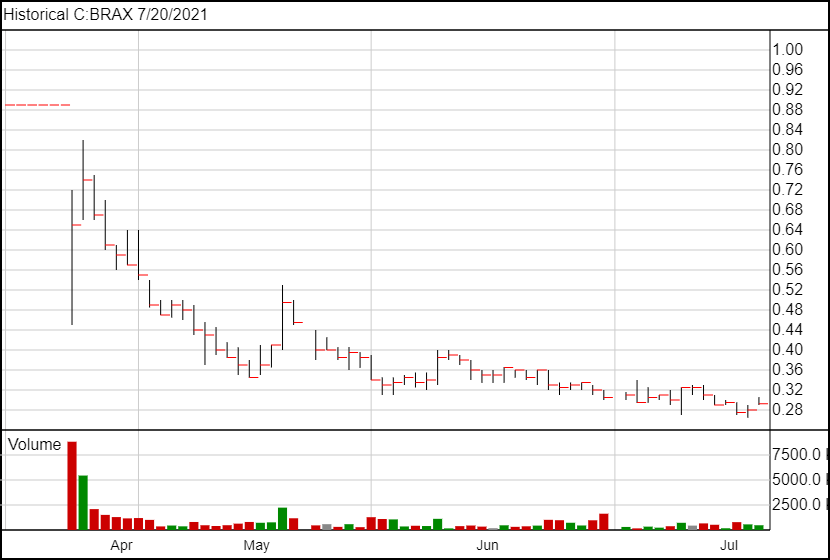
Following the news, Braxia shares are up 1.25 cents and are currently trading at $0.2925.

